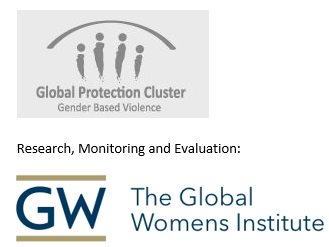Institutional and organizational cultures and responses can be influential in reinforcing and even shaping social norms. Because institutions, both public and private, have a powerful role in influencing the behaviours of individuals and groups, they can play a critical role in promoting gender-equitable values and practices, stopping discrimination and violence against girls and women and preventing abuse more directly.
All organizations and institutions are important as they are vital parts of the fabric of our lives. Certain institutions, however, are of particular interest. For example, media in all of its forms, is important for the large socializing affect it has on populations as a whole. The military and police because of the critical role they play in society, including responding to and preventing violence and discrimination as well as sporting organizations and other male-dominated institutions, as they may perpetuate expressions of negative masculinities, discrimination against girls and women and tolerance of abuse.
Within government, there is a special window of opportunity for addressing these issues when institutions are being established, revitalized or reformed, especially in a post-conflict period.
Institutional change may involve:
- Leadership by Executive Office and senior leadership on gender equality.
- Developing the knowledge, attitudes, skills and practices of staff towards more gender-equitable, respectful and non-violence tolerating relations.
- Developing and implementing sexual violence (including harassment) policies, regulations, protocols and/or codes of conduct for all employees.
- Establishing mechanisms to support women employees who are at risk of abuse (e.g. security measures to inhibit potential perpetrators from coming into contact with the employee; providing references to support resources; safety planning; flexibility with working arrangements to deal with issues arising from abuse or the risk of abuse etc.)
- Mobilizing resources for abuse prevention workshops, dialogues and awareness-raising initiatives.
- Integrating a gender-equitable perspective in hiring practices, work processes, services and products.
Additional Tool:
Mobilising Men in Practice: Challenging Sexual and Gender-based Violence in Institutional Settings(Institute of Development Studies, 2013). Available in English.
